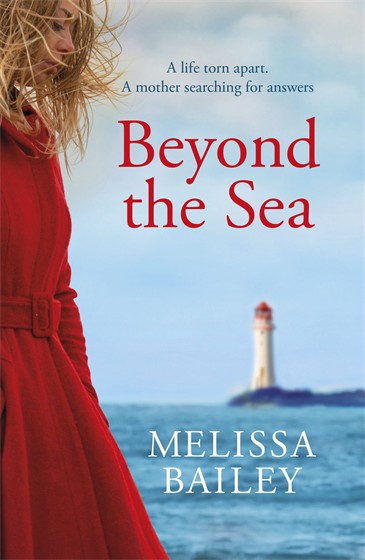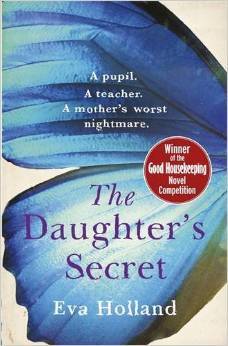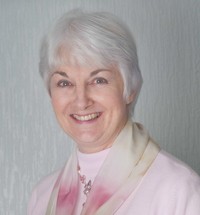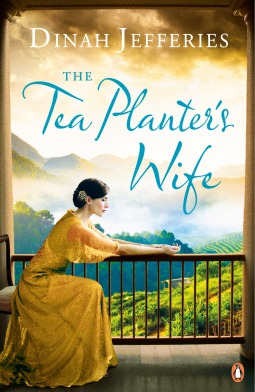A Tale of three covers ...
It's an interesting concept, this idea of re-branding books by changing the cover, because what it does is attempt to re-invent the story for a new audience, and it's surprising to see just how the trend in book covers changes with the passage of time.
When I was given a copy of The Glass Painter's Daughter to read for the Curtis Brown Book Group - my initial thought was ..oh, I've read that, and as I've also read some 600 books, or more, since this one, truthfully, I couldn't really remember the finer details of the story .
I hoped that my 2009 Goodreads review would come to the rescue....and it did....
 |
| 2009 Pocket Books |
The Glass Painter's Daughter, whilst for me it wasn't quite as good as The Dream House and The Memory Garden, it is still a lovely read, with a fascinating dual time frame and some wonderful characters....I loved the descriptions of the different glass and would love to 'see' the Raphael window.....It has some wonderful angel quotes interspersed throughout the chapters...this one has always been a favourite of mine ....
It heads chapter 34...
We are never so lost our angels cannot find us.....
As you can see, I didn't write long reviews back in 2009.
The Glass Painter's Daughter then went through another book cover change to look like this...
 |
| 2009 Simon&Schuster |
I'm not sure that this cover bears any resemblance to what the story is really about - it could be a totally different story...
And now in 2015, the cover has been updated again to look like this...
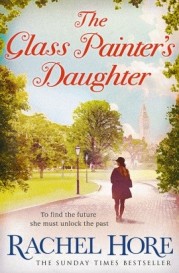 |
| 2015 Simon &Schuster |
I can see 'more' of the story perhaps in this cover. I get a sense of Fran, the central character, who is on a journey of self discovery, she very much a loner, self sufficient, purposeful and determined. I see her in this figure and am drawn into the journey she is undertaking. I like the shadowy church rising in the background.
There seems to be a trend for stylized covers, a representation of what lies within, and this is almost like a story board drawing you into the concept of what's about to happen.
Book cover art is so important. As a reader, the first thing I notice about a story is the book cover. I want to be drawn into the story, I want to look at the picture and imagine the journey I'm going to take and imagine the adventure waiting to happen.
I've given up on a book several times because I find the cover hateful - and several covers spring to mind but I won't do the authors the injustice of naming them here.
And now, the million dollar question - which, of the three covers, do I like the best.... I think it's this latest cover which I like because it makes the story feel more contemporary. I like the muted colours and the gentleness of the cover art.
So, what did I make of reading The Glass Painter's Daughter second time around...
Fran Morrison returns home to London when her father's illness forces her to abandon her successful music career. Entering Minster Glass, her father's glass making business, is like stepping back in time and for Fran it conjures memories of a past she would rather have kept hidden. When she and her father's assistant, Zac, are given a commission to restore a damaged glass picture, the angel revealed in the glass tells a fascinating story of love, both lost and won and of the tragedy and heartbreak of devastating loss.
It's a lovely, lovely story with an over riding gentle theme which gives the novel a heart warming feel. Whilst it can be considered to be rather a slow read, for me this works, as there is ample time to become comfortable with the characters and there is enough space in the narrative to enjoy the way the story unfolds. I liked the authentic way Victorian England was brought to life in Laura's story, but was equally beguiled by the present day dilemmas faced by Fran as she struggled to find her rightful place in the tantalising world of glass making. And as the past and present intermingle, both the similarities and differences between Fran and Laura's individual stories are brought to life. The angel theme which pervades throughout the story is nicely done and I particularly enjoyed the angel references which head each chapter.
It's a slow burner of a story which looks at the rawness of human emotion, with an overriding theme of redemption and hope.
We should pray to the angels for they are given to us as guardians
St Ambrose, De Vidius
My thanks to the Curtis Brown Book Club for my copy of this book to read.
~***~





